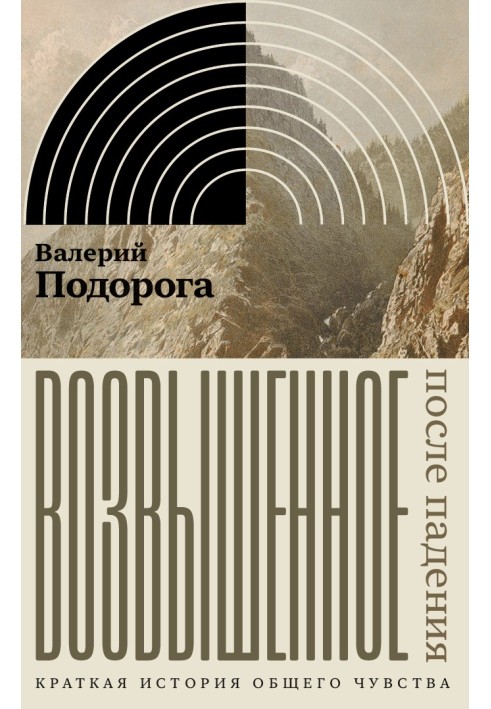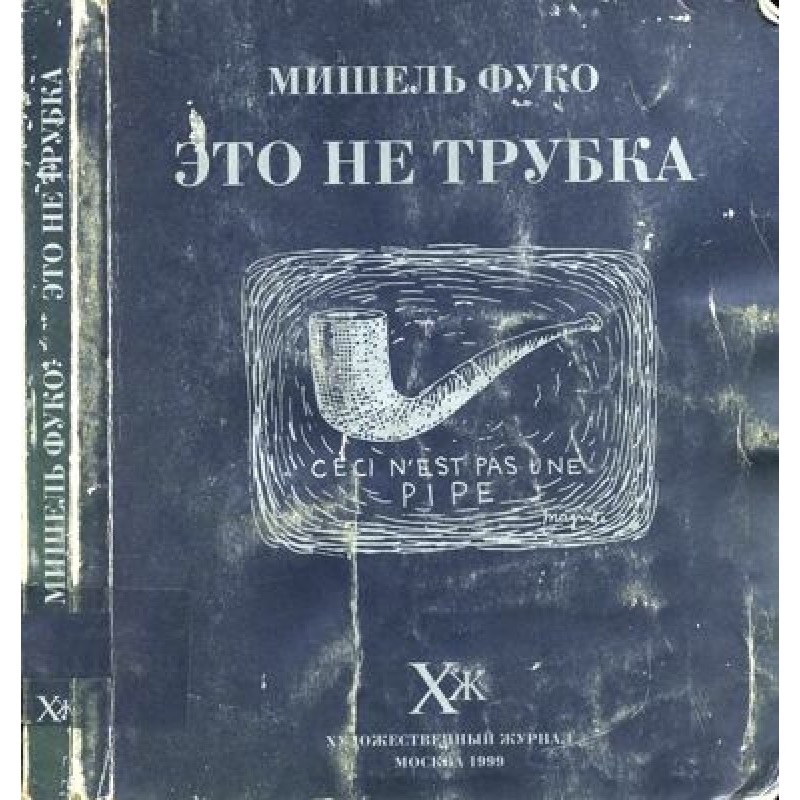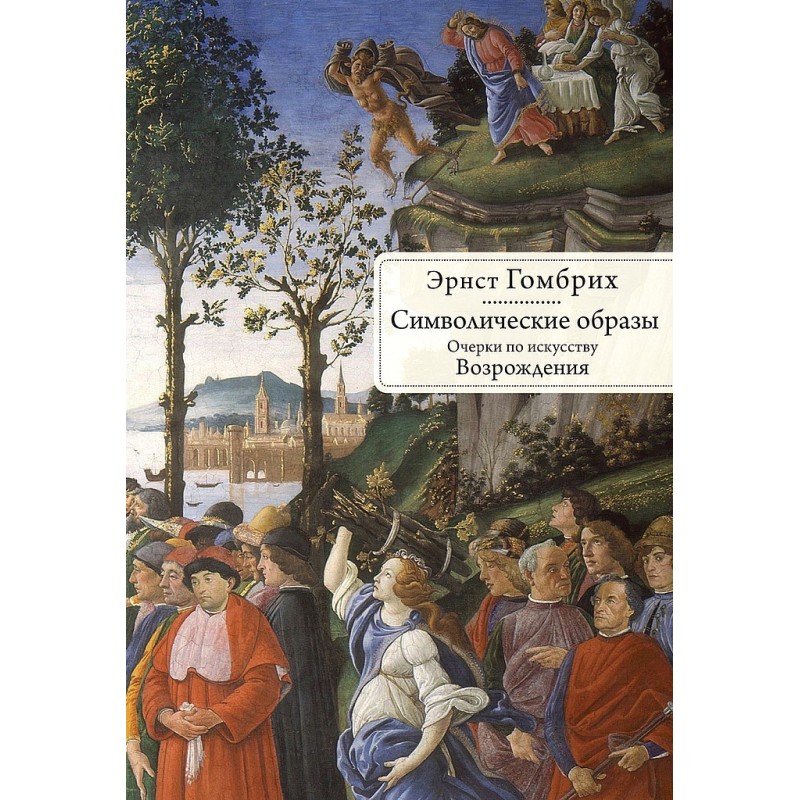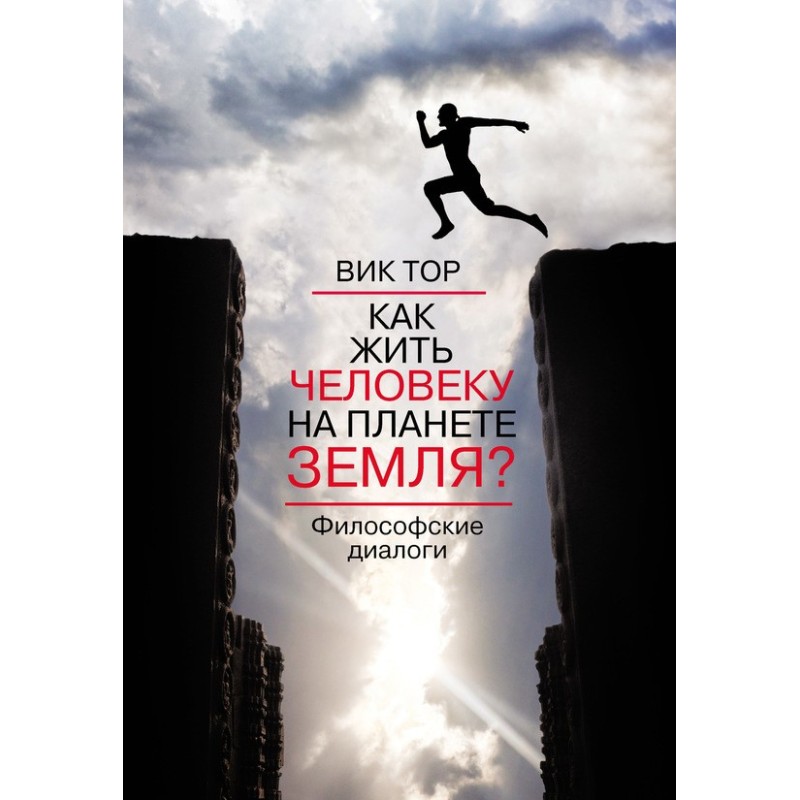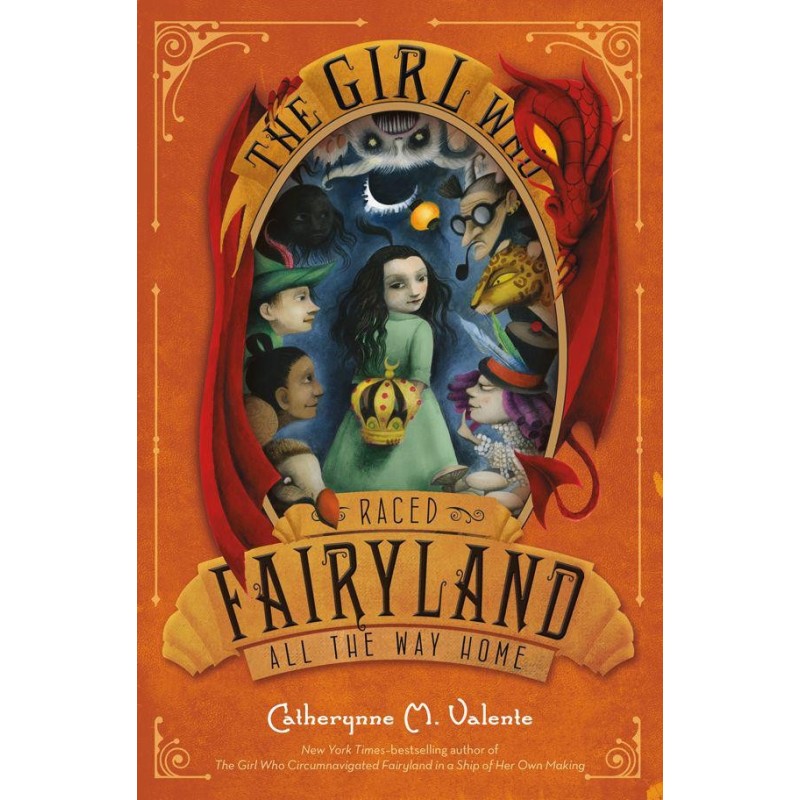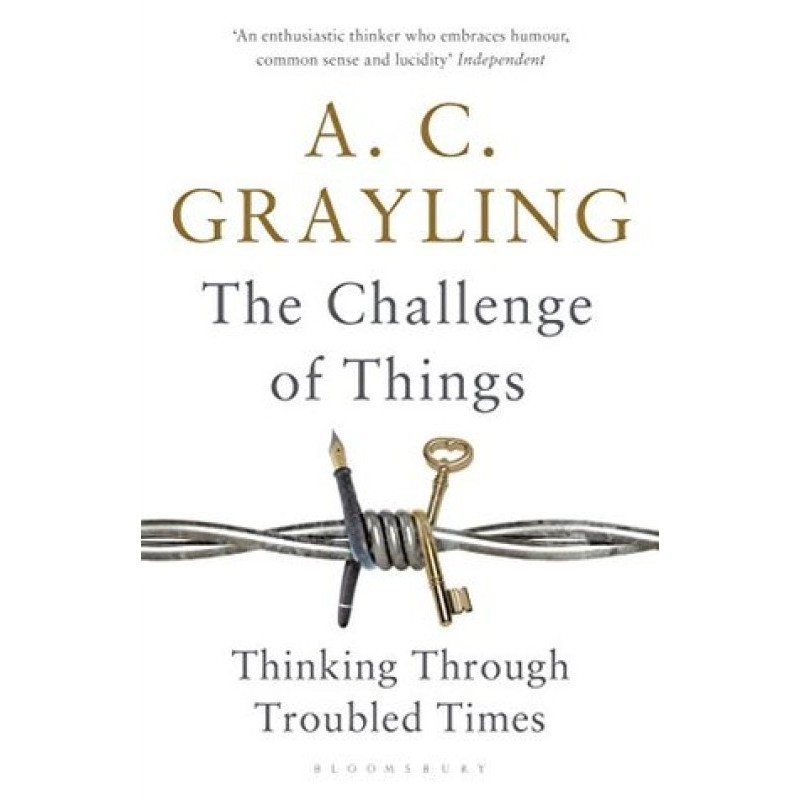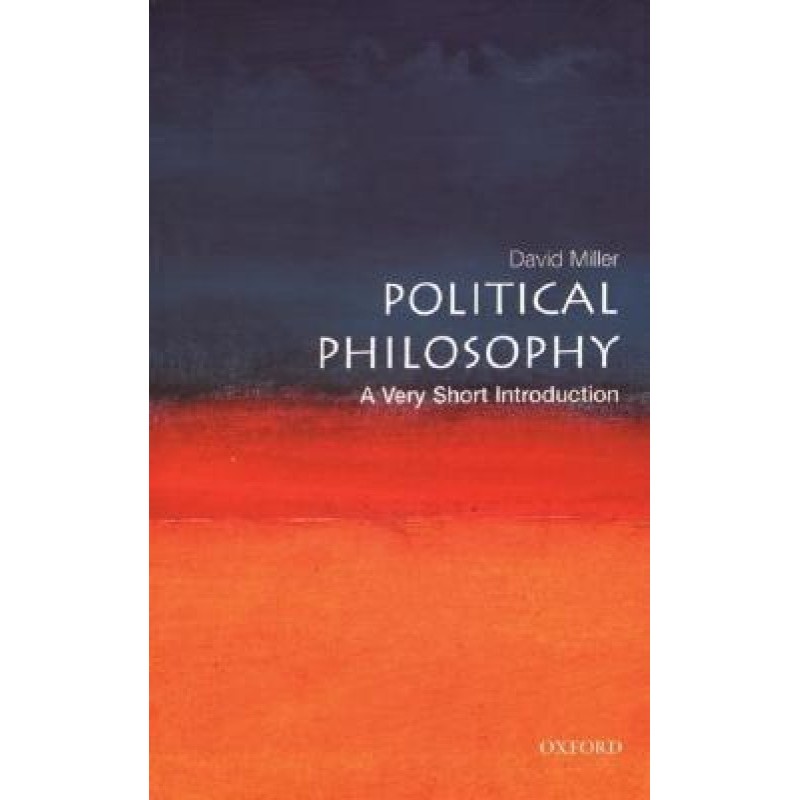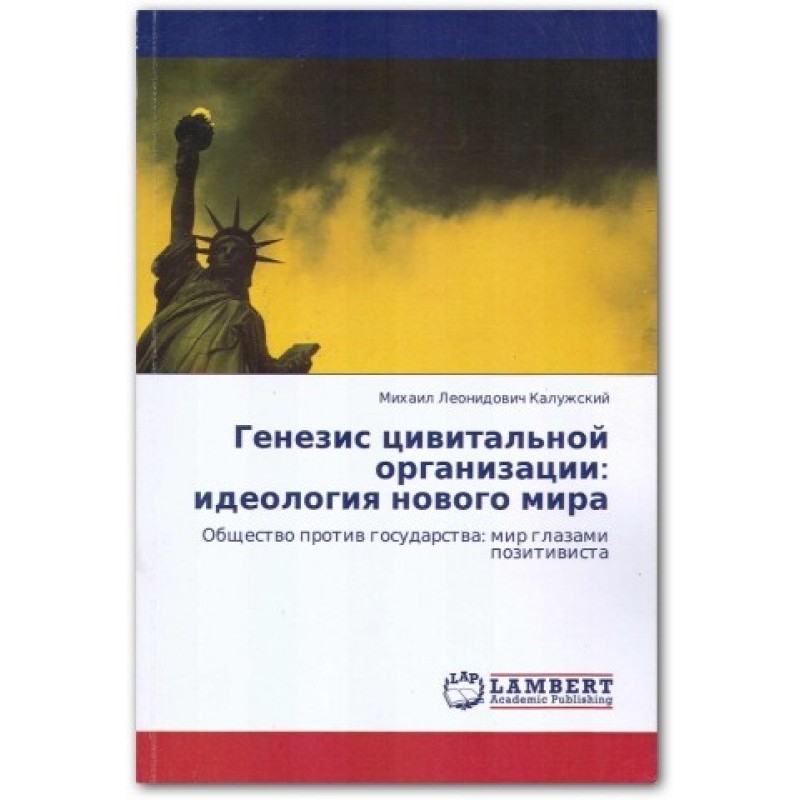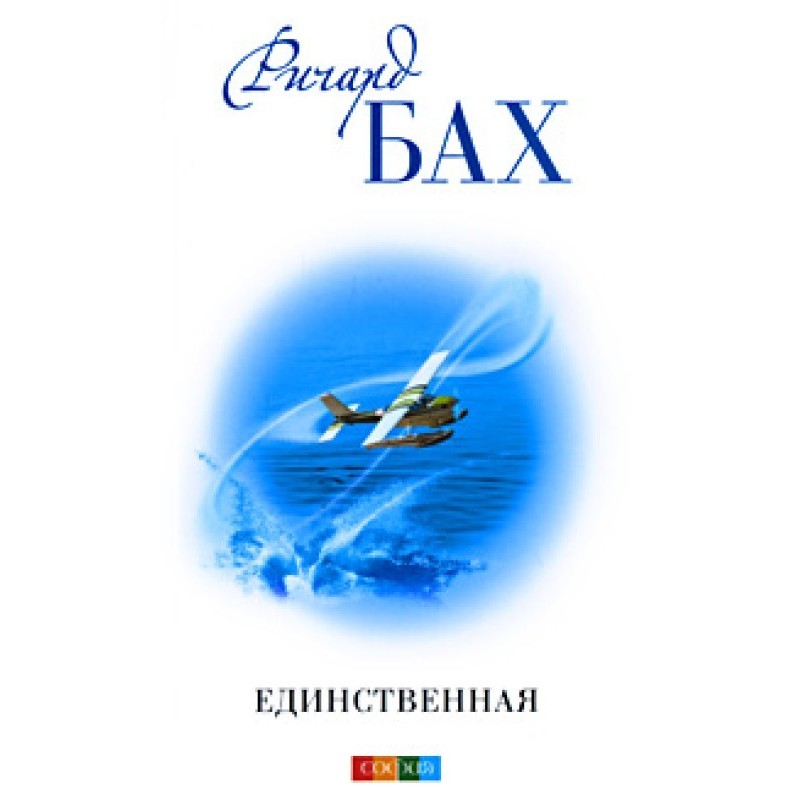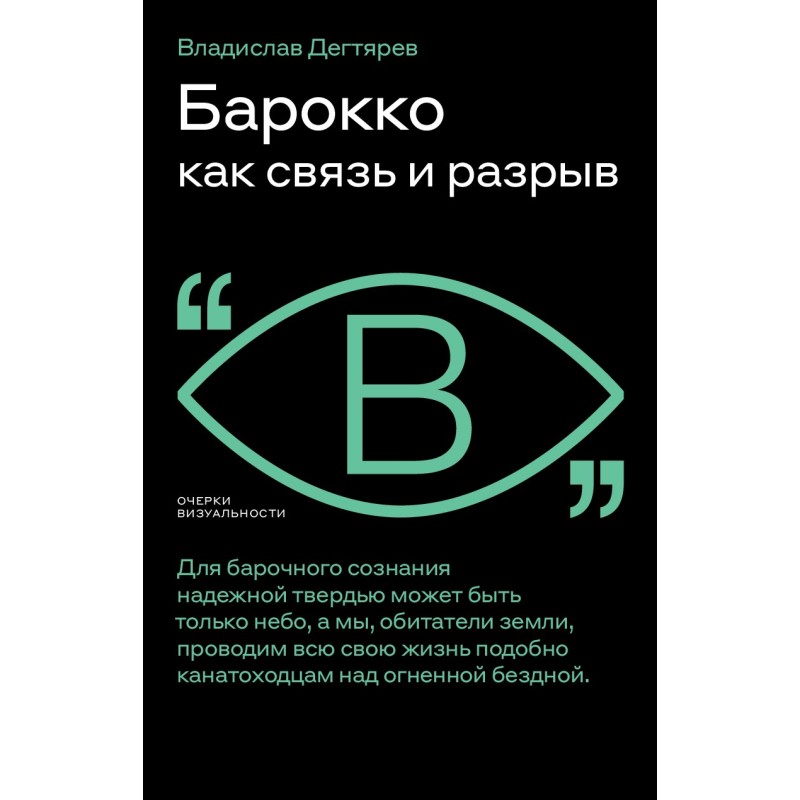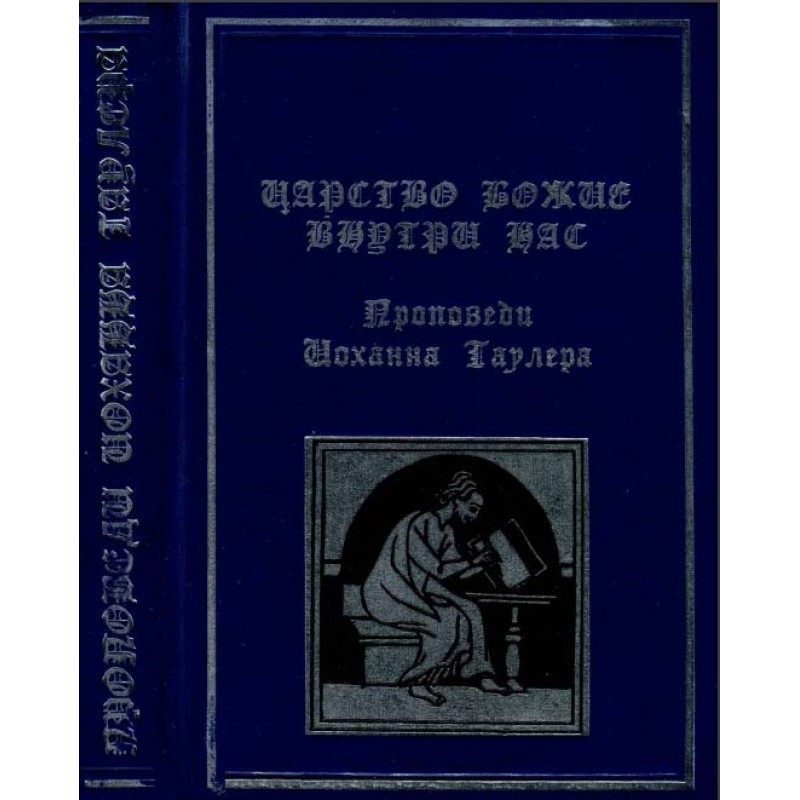Sublime. After the fall. A Brief History of the Common Feeling
 Instant download
Instant download
after payment (24/7)
 Wide range of formats
Wide range of formats
(for all gadgets)
 Full book
Full book
(including for Apple and Android)
Since the time of the anonymous late antique treatise “On the Sublime,” this aesthetic category has meant something majestic that is open to the senses and at the same time goes beyond the limits of sensory experience. We can be elevated by novelty, an event, a free act, a sovereign decision, but also war, death, loss, trauma—anything that refers to the unrepresentable or unrepresentable. Therefore, it is no coincidence that the concept of the sublime attracts special attention in the modern era, when the experience of constant renewal - “coming out of minority” (I. Kant) and at the same time the loss of tradition (E. Burke) becomes fundamental for Western culture. Already in the 20th century, T. Adorno and J.-F. Lyotard connects the sublime with the problem of the status of art “after Auschwitz.” Using these examples, the outstanding Russian philosopher and art theorist Valery Podoroga shows how our understanding and experience of time depends on the concept of the sublime. At each new stage of history, the sublime takes on new contours and in a sense guarantees that there can be nothing final in history: “So it remains a mystery where and when, to what extent and with what intensity the feeling of the sublime can manifest itself, and what it, manifesting itself, reveals it in us.” Valery Podoroga (1946–2020) – philosopher, anthropologist, art critic, author of more than twenty monographs on modern Western thought, Russian literature, cinema and the phenomenon of physicality.
Data sheet
- Name of the Author
- Валерий Подорога Александрович
- Language
- Russian
Reviews
Вражаюча подорож у світ філософії та естетики!
Книга "Високе. Після падіння" Валерія Подороги є справжнім відкриттям для тих, хто цікавиться глибокими філософськими концепціями та їхнім впливом на сучасну культуру. Автор вміло досліджує поняття піднесеного, пов'язуючи його з історичними подіями, такими як війна та травма, що робить текст надзвичайно актуальним у наш час. Подорога не лише аналізує естетичні категорії, але й ставить важливі запитання про наше сприйняття мистецтва та досвіду, що виходить за межі звичного. Його роздуми про статус мистецтва "після Освенциму" змушують задуматися про глибину людських переживань і їхнє відображення в культурі. Книга написана зрозумілою мовою, що дозволяє читачеві легко зануритися в складні філософські ідеї. Рекомендую всім, хто прагне розширити свої горизонти і зрозуміти, як піднесене впливає на наше життя та світосприйняття.

